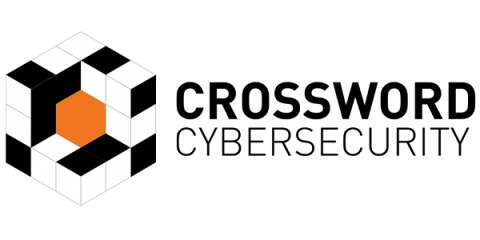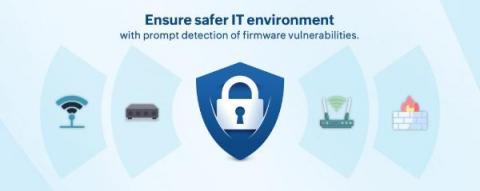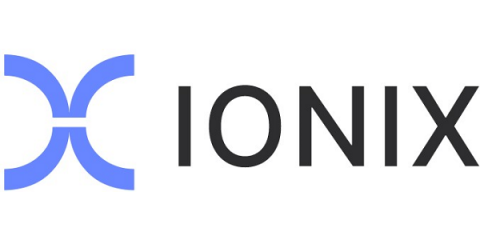Security | Threat Detection | Cyberattacks | DevSecOps | Compliance
Security
Efficiently uncover network device threats and ensure a safer IT environment
According to a study by Microsoft, more than 80% of enterprises have experienced at least one firmware attack in the past three years. Is your enterprise’s security posture secure? Does your security software manage and defend all your endpoints from vulnerabilities?
Cyberpion Discovers 148,000 Critical Vulnerabilities Across Fortune 500 Organizations
The 443 Episode 220 - Hacking Hyundai
Employee onboarding needs to be engaging - But how can security be preserved?
The content of this post is solely the responsibility of the author. AT&T does not adopt or endorse any of the views, positions, or information provided by the author in this article. The tech professional labor market is an extremely competitive and difficult place right now. The stakes are so high that CNBC has highlighted certain companies that are offering paid vacations before new hires even begin the job.
What Project Memoria Foretold about TCP/IP Security and Supply Chain Vulnerabilities
Project Memoria was the largest study about the security of TCP/IP stacks, conducted by Vedere Labs and partners in the cybersecurity industry. It started from a collaboration with JSOF to understand the impact of Ripple20 and led to the discovery of almost 100 vulnerabilities in 14 TCP/IP stacks, divided into five phases: AMNESIA:33, NUMBER:JACK, NAME:WRECK, INFRA:HALT and NUCLEUS:13.
UIDAI says Aadhaar Verification required before accepting as proof of identity
The Unique Identification Authority of India (UIDAI), which issues Aadhaar cards, has advised states and organizations to verify a person’s Aadhaar number before accepting it as proof of identity in physical or online platforms. The UIDAI has proposed the move to prevent Aadhaar misuse and to verify the authenticity of the individual’s ID verification evidence in any form (Aadhaar Card, PAN card, Driver’s license, Voter ID).
What is a hashed password?
Data breaches are on the rise, so it’s critical that companies properly protect their customers’ passwords. One of the ways that businesses do this is by hashing passwords before storing them.
Looking under the hood at ROI calculations for Security Automation
Threat actors continue to work faster and show greater sophistication in their tactics, techniques, and procedures (TTPs). Meanwhile, organizations struggle to keep pace because they are strapped by the persistent shortage of skilled cybersecurity professionals which, exacerbated by the pandemic, grew by 26.2% over the past year.
A Busy Weekend for npm Attacks, Including 'cors' Typosquatting
‘Tis the season for a busy weekend of software supply chain attacks. Over the past three days, the Mend research team identified two separate attacks that published malicious packages to npm. Mend Supply Chain Defender quickly identified the malicious code; the owners were notified, and the packages were removed. That does not fully remove the risk, however. The first package has 9.5 million downloads, while account CI keys were compromised in the second, which can cause significant damage.











